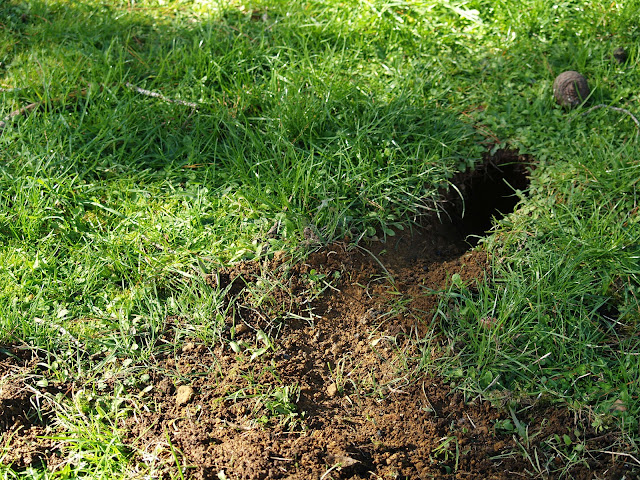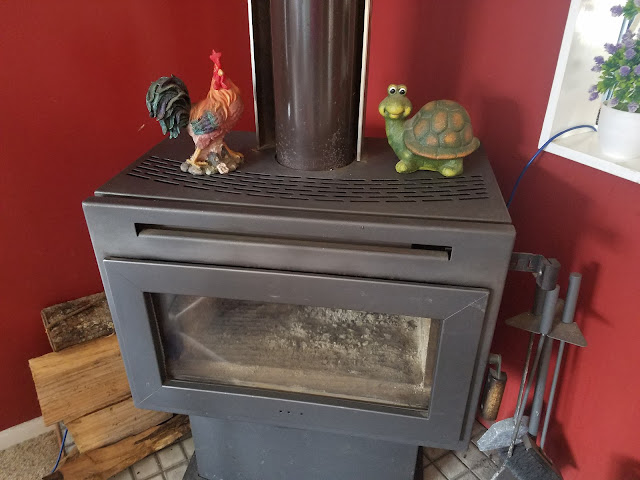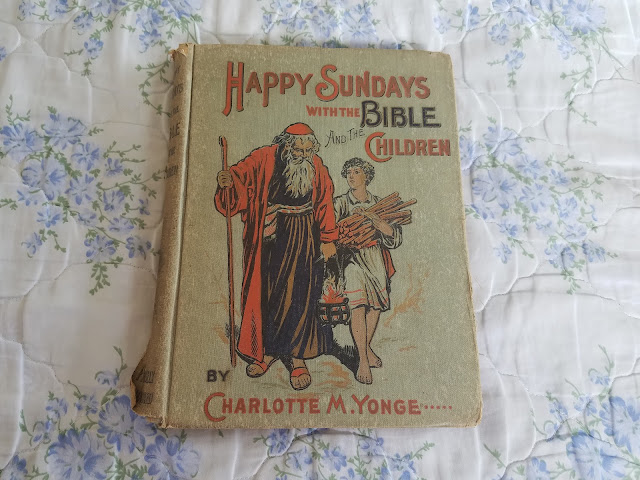It seems there really is nothing new under the sun. I have begun reading a very old book titled “Old
St Paul’s,” a novel by William Harrison Ainsworth that was first published in
1841.
The story is set in the 1660s in London at the time of The
Plague and the Great Fire. Although a
novel, the author based much of his information on written texts from the time
and I found it quite astounding how many statements about the bubonic plague paralleled
the Covid pandemic the world currently is facing.
I thought I would write some of them here, for those who
wanted to read them.
The “pestilence” had previously been present in Amsterdam
and Hamburg, but efforts to contain it had failed and it arrived in England at
the end of 1664. The population
responded with pure panic:
“Smothered for a short time, like a fire upon which coals
had been heaped, it broke out with fresh fury in several places. The consternation now began. The whole city was panic-stricken; nothing
was talked of but the plague – nothing planned but means of arresting its
progress – one grim and ghastly idea possessed the minds of all. Like a hideous phantom stalking the streets
at noon-day, and scaring all in its path, Death took its course through London,
and selected its prey at pleasure.”
Misinformation abounded:
“The alarm was further increased by the predictions
confidently made as to the vast numbers who would be swept away by the
visitation; by the prognostications of astrologers; by the prophesyings of
enthusiasts; by the denunciations of preachers, and by the portents and
prodigies reported to have occurred. During
the long and frosty winter preceding this fatal year, a comet appeared in the
heavens, the sickly colour of which was supposed to forebode judgment about to
follow. Blazing stars and other meteors,
of a lurid hue and strange preternatural shape, were likewise seen. The sun was said to have set in streams of
blood, and the moon to have shone without reflecting a shadow; grisly shapes
appeared at night – strange clamours and groans were heard in the air –
hearses, coffins, and heaps of unburied dead were discovered in the sky, and
great cakes and clots of blood were found in the Tower moat; while a marvellous
double tide occurred at London Bridge.
All these prodigies were currently reported, and in most cases believed.”
People took precautions, like wearing face coverings:
“Shrinking into a door-way, and holding a handkerchief to
his face, to avoid breathing the pestilential effluvia, Leonard saw that there
were other coffins in the cart, and that it was followed by two persons in long
black cloaks.”
But some precautions we might consider a little extreme:
“Mr Bloundel would not touch the packet until he had guarded
against the possibility of being infected by it. Seizing it with a pair of tongs, he plunged
it into a pan containing a strong solution of vinegar and sulphur, which he had
always in readiness in the chamber, and when thoroughly saturated, laid it in
the sun to dry.”
“… he now thought to expel the external air by setting fire
to a ball, composed of quick brimstone, saltpetre, and yellow amber, which
being placed on an iron plate, speedily filled the room with a thick vapour,
and prevented the entrance of any obnoxious particles.”
Little was known about how to treat the disease:
“There are few known remedies against this frightful
disease; and what few there are, must be adopted cautiously. My own specific is sack (a type of wine). ‘Sack!’ exclaimed Blaize in
astonishment. ‘Henceforth, I will drink
nothing else. I like the remedy
amazingly.’”
Every case of the disease had to be reported to the
appropriate authorities, in this case the Examiner of Health. Once it was verified that disease was present
in the house, the place was closed down for a month and a watchman set at the
door so that none could leave or enter the premises – a bit like our lockdowns
today.
One thing we don’t have though, is someone painting a
foot-long red cross on our front doors with the words above it reading “Lord
have mercy upon us.”
As happens today, some rebelled against official
restrictions:
“The rigorous measures adopted by the authorities (whether salutary
or not has been questioned), in shutting up houses and confining the sick and
sound within them for forty days, were found so intolerable, that most persons
were disposed to run any risk rather than be subjected to such a grievance, and
every artifice was resorted to for concealing a case when it occurred.”
None of these measures helped stop the plague following due
process, and many restrictions were waived as more and more got sick and died. There simply were not enough people left who
could fill all the jobs as watchmen, doctors etc.
The only ones who profited were those who operated the Death
Carts driving around the city collecting corpses – many times there was no one
to pay them, so they simply helped themselves.
The thought of living in those times fills me with horror,
and I can imagine the fear that many folk had.
The plague never really ended until the Great Fire killed off the rodents
and fleas that were the unsuspected carriers of the disease.
One thought does comfort me though. However awful the situation is that mankind
faces, there is always hope that the world will carry on. Bad times pass and turn into history.
We just happen to be living in a moment of history as it takes
place!
Hugz to everyone,
Margaret 😊


















